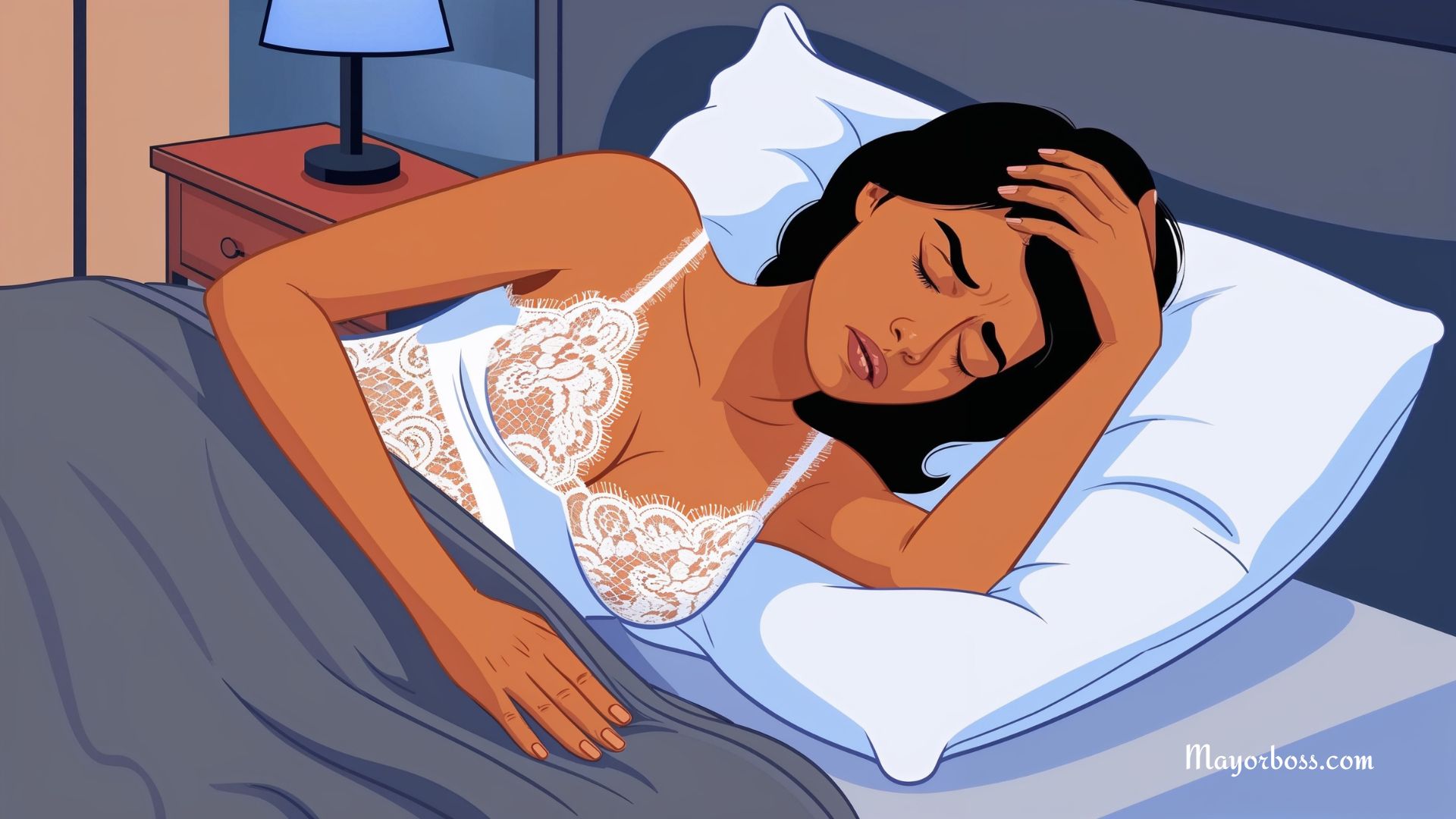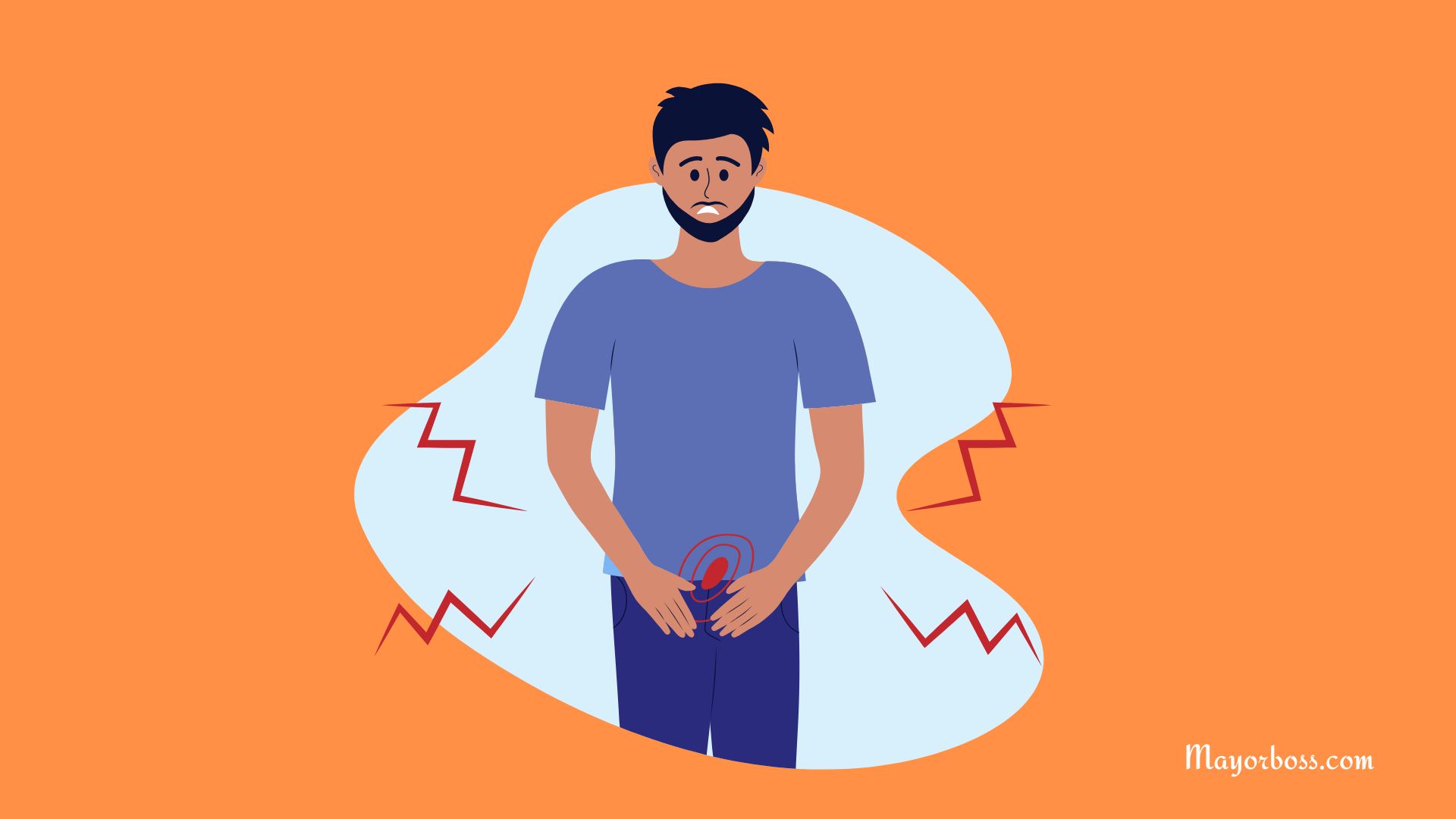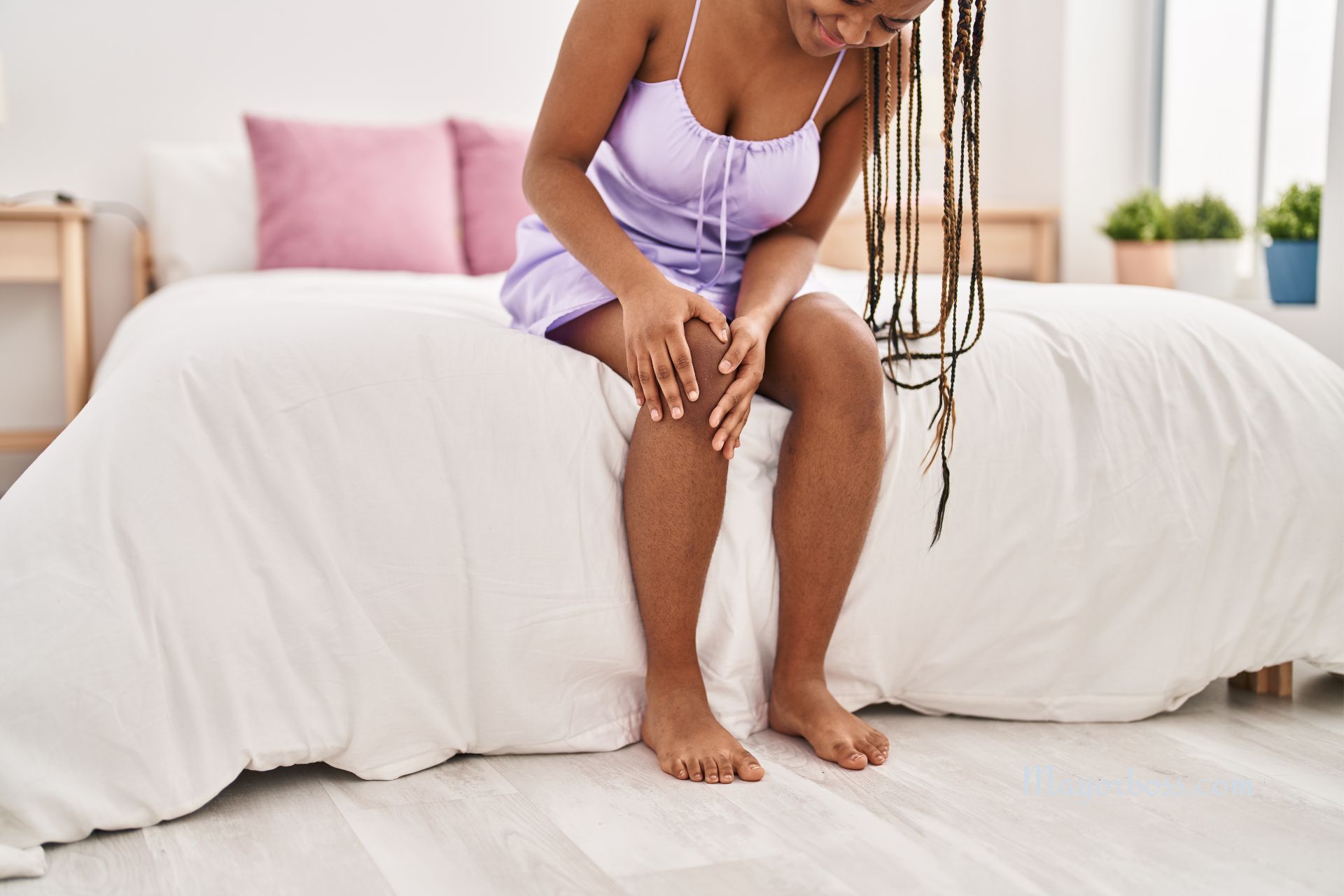Have You Already Heard About Painsomnia?
Painsomnia is a term you might not be familiar with, but if you’ve ever struggled to sleep because of pain, you’ve already experienced it. It’s the blend of “pain” and “insomnia,” describing the frustrating cycle where physical pain keeps you awake, leading to sleepless nights.
In other words, painsomnia is what happens when pain makes it nearly impossible to fall asleep or stay asleep. This article will break down the concept of painsomnia, its causes, and the best ways to manage it, so you can finally get the rest your body desperately needs.

How Painsomnia Differs From Regular Insomnia
While insomnia is the inability to sleep, painsomnia is insomnia driven by chronic pain. That means that even if you’re exhausted, you find it difficult to drift off to sleep because your body is dealing with relentless aches and discomfort. This pain might be from a medical condition, injury, or even something that feels minor during the day but becomes unbearable at night.
And it’s not just about the pain itself. Research shows that when pain disrupts your sleep, it actually makes the pain feel even worse the next day. It’s a vicious cycle: pain keeps you awake, and lack of sleep makes the pain worse.
Common Causes That Trigger Painsomnia at Night
Many factors can cause painsomnia, but some of the most common culprits include:
- Arthritis: According to the Centers for Disease Control and Prevention (CDC), over 54 million adults in the United States have arthritis, and the pain associated with this condition can become intense at night. Joints tend to stiffen after lying still for hours, making it difficult to fall asleep.
- Fibromyalgia: Sleep Foundation explains that fibromyalgia is another leading cause of painsomnia, where widespread pain affects muscles, ligaments, and tendons. Unfortunately, it can be particularly tricky at night, causing a sharp, shooting pain or a deep ache that keeps you awake.
- Migraines or Headaches: These aren’t just daytime problems. As the Mayo Clinic points out, headaches and migraines can wake you up during the night, making it difficult to fall back asleep.
- Back Pain: Lower back pain is one of the most common issues that disturb sleep. In fact, chronic back pain often becomes worse at night, making it nearly impossible to find a comfortable sleeping position.
- Nerve Damage (Neuropathy): Conditions such as diabetes can cause nerve damage, which often flares up at night, causing tingling, burning, or sharp pain, disrupting your sleep pattern.
- Inflammatory Conditions: For people dealing with conditions like lupus or rheumatoid arthritis, inflammation can make the night a challenging time. Lying down can cause swelling to become more pronounced, which spikes pain levels.
The Link Between Sleep Deprivation and Pain
You might think that painsomnia only affects you during the night, but it has far-reaching effects on your overall health. Studies show that sleep deprivation amplifies pain sensitivity, meaning that you feel pain more intensely when you don’t get enough rest. This lack of sleep also affects your mood, energy levels, and ability to function, making everyday tasks feel impossible.
Research is clear that sleep deprivation lowers your pain threshold, so things that might not usually hurt feel a lot more intense. That’s because your body needs sleep to repair itself, regulate pain signals, and produce hormones that help control pain. When you miss out on quality sleep, your brain’s ability to process pain signals gets out of whack, which makes everything feel worse.
How Painsomnia Affects Your Mental Health
Painsomnia doesn’t just mess with your body—it impacts your mind too. When you’re constantly battling pain and struggling to sleep, it’s common to feel frustrated, anxious, or even depressed. Mayo Clinic explains that chronic pain is closely linked with anxiety and depression because it triggers changes in brain chemicals that control mood.
Plus, the more you worry about not sleeping, the harder it becomes to actually fall asleep, which only adds to the cycle of pain and sleeplessness.
Ways to Manage Painsomnia for a Better Night’s Sleep
While dealing with painsomnia can feel overwhelming, the good news is that there are strategies that can help. Here are some practical steps that might make a significant difference in your sleep quality:
1. Create a Relaxing Bedtime Routine
Developing a calming bedtime routine helps signal to your body that it’s time to wind down. Try the following:
- Take a warm bath about an hour before bedtime to relax muscles and ease tension.
- Practice gentle stretching or yoga to relieve muscle stiffness and reduce pain.
- Engage in relaxation techniques like deep breathing, progressive muscle relaxation, or guided imagery.
2. Use Heat or Cold Therapy Before Bed
Heat packs or ice packs can be lifesavers when it comes to pain relief. Applying heat can help relax tight muscles and increase blood flow, while cold therapy can numb the pain and reduce inflammation. Just make sure not to fall asleep with a heating pad, as this can cause burns.
3. Consider Medication or Supplements
For many people, over-the-counter pain relievers like ibuprofen or acetaminophen can help take the edge off painsomnia. However, always consult your doctor before starting any medication, especially if you’re considering supplements like melatonin, magnesium, or CBD oil.
4. Try a Weighted Blanket
Weighted blankets have become popular for a reason—they provide gentle, even pressure that can ease pain and reduce anxiety. Some studies have found that weighted blankets can improve sleep quality, making them worth a try if painsomnia is keeping you awake.
5. Adjust Your Sleep Position and Bedding
Finding a comfortable sleeping position is crucial when you’re dealing with painsomnia. Consider using extra pillows to support your joints or spine. For example, placing a pillow between your knees can relieve pressure on your lower back, while a pillow under your neck can reduce tension.
Additionally, invest in a quality mattress that provides adequate support, especially if you have conditions like arthritis or back pain.
6. Manage Stress and Anxiety
Because stress can make painsomnia worse, learning to manage it can help improve your sleep. Techniques such as meditation, mindfulness, or even talking to a therapist can make a significant difference in your ability to cope with pain and get better rest.
When You Should See a Doctor About Painsomnia
If painsomnia becomes a nightly struggle, it’s time to seek professional help. Your physician may recommend pain management strategies, prescribe medications, or even suggest physical therapy to address the root cause of your pain. In some cases, you may be referred to a sleep specialist to evaluate if a sleep disorder like sleep apnea is contributing to your painsomnia.






